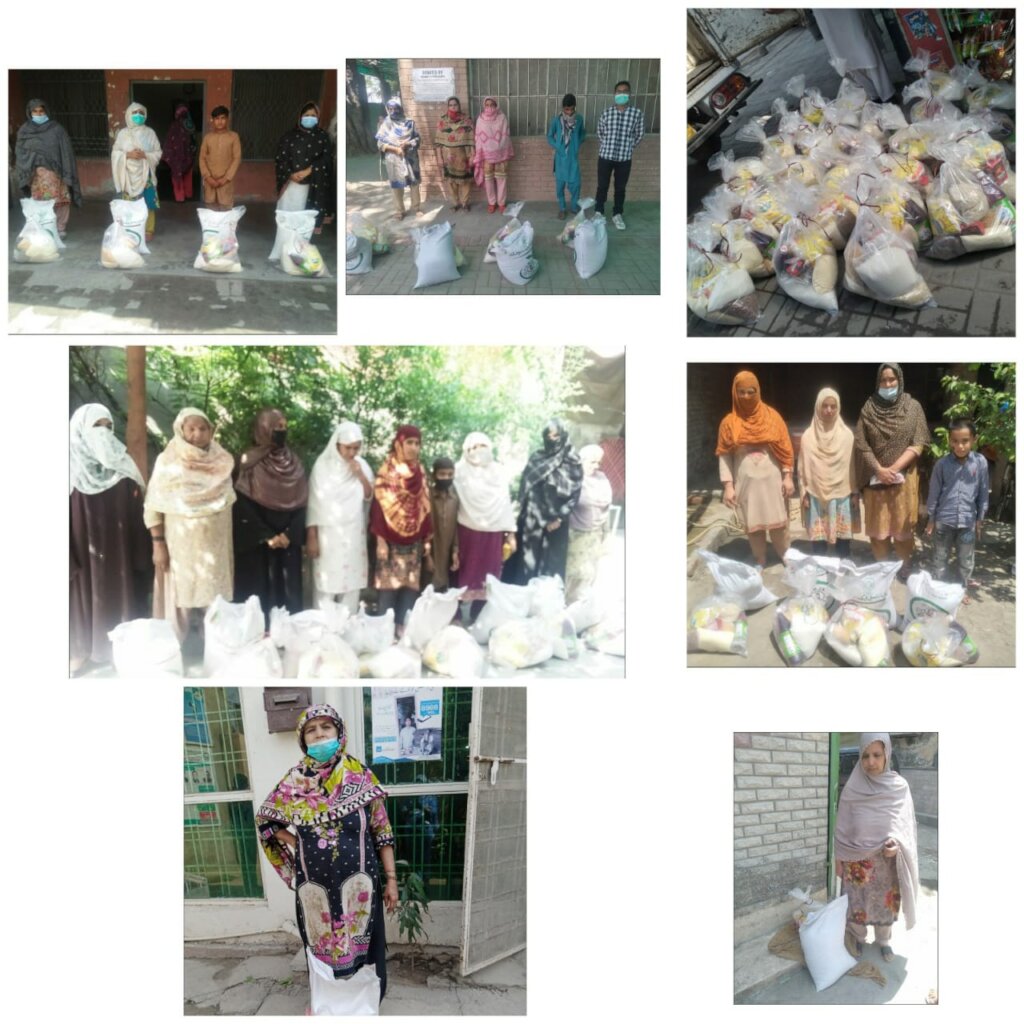By Aazer Durrani | Head of Marketing
According to the Food and Agriculture Organization (FAO), food insecurity is defined as follows: A situation that exists when people lack secure access to sufficient amounts of safe and nutritious food for normal growth and development and an active, healthy life. It may be caused by the unavailability of food, insufficient purchasing power, or the inappropriate distribution or inadequate use of food at the household level. Food insecurity, poor conditions of health and sanitation, and inappropriate care and feeding practices are the major causes of poor nutritional status. Food insecurity may be chronic, seasonal, or transitory.
According to Unicef, “In Pakistan, 38 percent of the children under five years of age are stunted. With one of the highest prevalence in the world, stunting is a rising emergency in the country. The situation is particularly worse in Sindh, where it has affected approximately 50 percent of the children – and the number is increasing.”
Imagine: 38 percent of Pakistani children under five years of age are stunted – meaning their height-for-age is below World Health Organisation’s ‘Child Growth Standards’. Question: Why are so many Pakistani children stunted? Answer: Lack of food.
Imagine: the burden of ‘wasting’ in Pakistani children under five years of age is at 17.7 percent (wasting is defined as low weight-for-height). Shockingly, 6.7 million Pakistani children under the age of five suffer from wasting. Question: Why is the burden of wasting in Pakistani children so high? Answer: Acute malnutrition (this according to Unicef).
Food insecurity has two dimensions: availability and affordability. Over the past three years, Pakistan’s double digit food price inflation in tandem with declining incomes has made more and more Pakistanis food insecure – from an affordability perspective. Poverty, food insecurity, malnutrition, frequent infections, ill health, mortality, hidden hunger and crime are all closely related to each other.
The dire situation is the context in which Pakistan’s agricultural producers entered the COVID-19 lockdown. The complete shutdown of agricultural trading markets, especially those that purchase outputs from farmers, has led to significant losses for farmers. With the movement of goods suspended, crops ready for harvest, including grain, have been left to rot in the fields. Not only does this translate into immediate losses for farmers, but it means that Pakistan’s traditional bumper wheat stock is no longer likely to be available. Instead, once the lockdown-enforced shortages are over, the country will have to prepare for at least another year of shortages in essential grains. More expensive-to-produce vegetables have been left to perish in the fields, which, beyond the losses to farmers, have also led to a major reduction in the diversity of food available to rural and urban populations.
The primary challenge facing the government at the moment is to curb the spread of COVID-19 and minimize its socio-economic impacts.
During the ongoing Pandemic (COVID19), Fatima Memorial Hospital has been playing a vital role in treating as many patients as it possibly could. Since the hospital provides various medical facilities and that too to the needy and deserving patients, it requires support from the donors in providing healthcare facilities and food to the patients.
Now that the fifth wave is about to hit the country, the number of patients will increase significantly in the hospital. The number of patients is increasing as the spread of the virus cannot be stopped. In these times, the nation is looking towards us to support them.
We urge you to support us and help us provide food to these poor families. Keep supporting our cause!
Thank you
Project reports on GlobalGiving are posted directly to globalgiving.org by Project Leaders as they are completed, generally every 3-4 months. To protect the integrity of these documents, GlobalGiving does not alter them; therefore you may find some language or formatting issues.
If you donate to this project or have donated to this project, you can receive an email when this project posts a report. You can also subscribe for reports without donating.
Support this important cause by creating a personalized fundraising page.
Start a Fundraiser